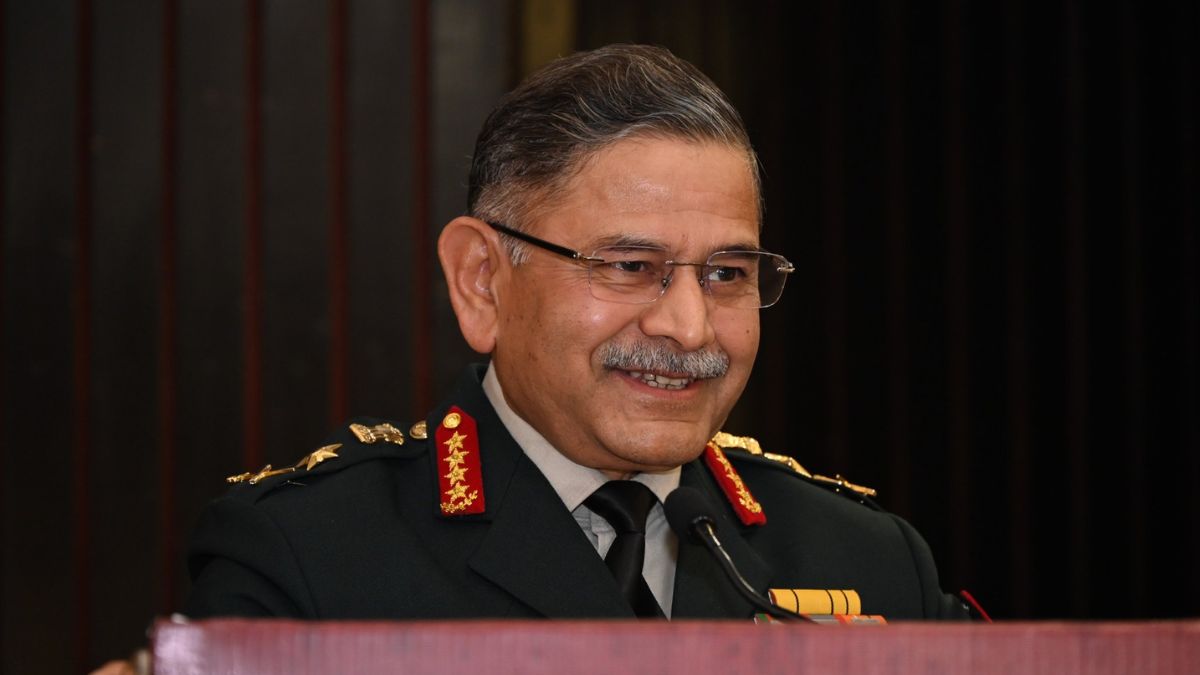Sam Altman’s Big Warning For America: Do Not Underestimate China’s AI Progress

OpenAI CEO Sam Altman has warned that the US may be underestimating the complexity and seriousness of China’s AI progress (Image courtesy: AI pic)
OpenAI Chief Executive Officer Sam Altman has cautioned the United States against taking China’s AI advancement lightly, saying that Washington might be underestimating the rapid progress in Beijing’s artificial intelligence. He warned that US’s restrictions on technology are not stopping China’s advancement in the AI.
“I’m worried about China,” Altman said in a rare on-the-record briefing on Monday (August 18). The AI race is no longer black or white or about who is winning or leading. The creator of ChatGPT has cautioned that the global AI race is not a simple contest but a deeply complex competition.
Altman suggested that the AI competition between the US and China is more complicated than it seems.
Global AI race: Why Altman is worried about China?
The man who made a name for himself by giving the world perhaps the most widely used AI chatbot – ChatGPT – explained that China may be able to build its inference capacity more quickly. He also pointed out that there are many layers involved, including research and product development.
In the rare briefing, OpenAI CEO Altman added that it is unlikely to be a straightforward matter of one country being ahead of the other.
His comments reflect growing signs that Chinese AI firms are closing the gap with their American counterparts. They are doing so by adopting open-source methods, which allow developers to access, modify and share the source code of AI models.
Who are the key Chinese players in AI?
Chinese start-ups such as DeepSeek and MoonshotAI, along with major technology companies like Alibaba Group Holding, have seen wider use of their open-source models. These models are gaining popularity due to their affordability and innovative features. It is worth noting that Alibaba owns the South China Morning Post.
Altman’s views also align with those of Nvidia’s CEO Jensen Huang, who in June said that Huawei Technologies could still grow its semiconductor business despite US export restrictions.
Worth mentioning here is that China’s progress in AI has influenced OpenAI’s own approach to releasing its models. Although OpenAI has previously avoided making its technology fully open source, Altman said that competition from Chinese models, especially open-source ones like DeepSeek, played a role in the company’s recent decision to release open-weight models.
Altman stated that it was clear the world would largely rely on Chinese open-source models if OpenAI did not act. He acknowledged that this was one of the reasons behind their decision, and although not the only factor, it was an important one.
Can a China-safe chips policy limit Beijing’s AI advancement?
No. Altman clearly stated that such a policy is not enough despite the escalating US export controls on semiconductors. When asked if it would be reassuring to have fewer GPUs reaching China, he responded, “My instinct is that doesn’t work.”
Altman further shared his thoughts on the challenges of a purely policy-driven approach, noting that export controls measures might not be effective. “You can export-control one thing, but maybe not the right thing… maybe people build fabs or find other workarounds.”







